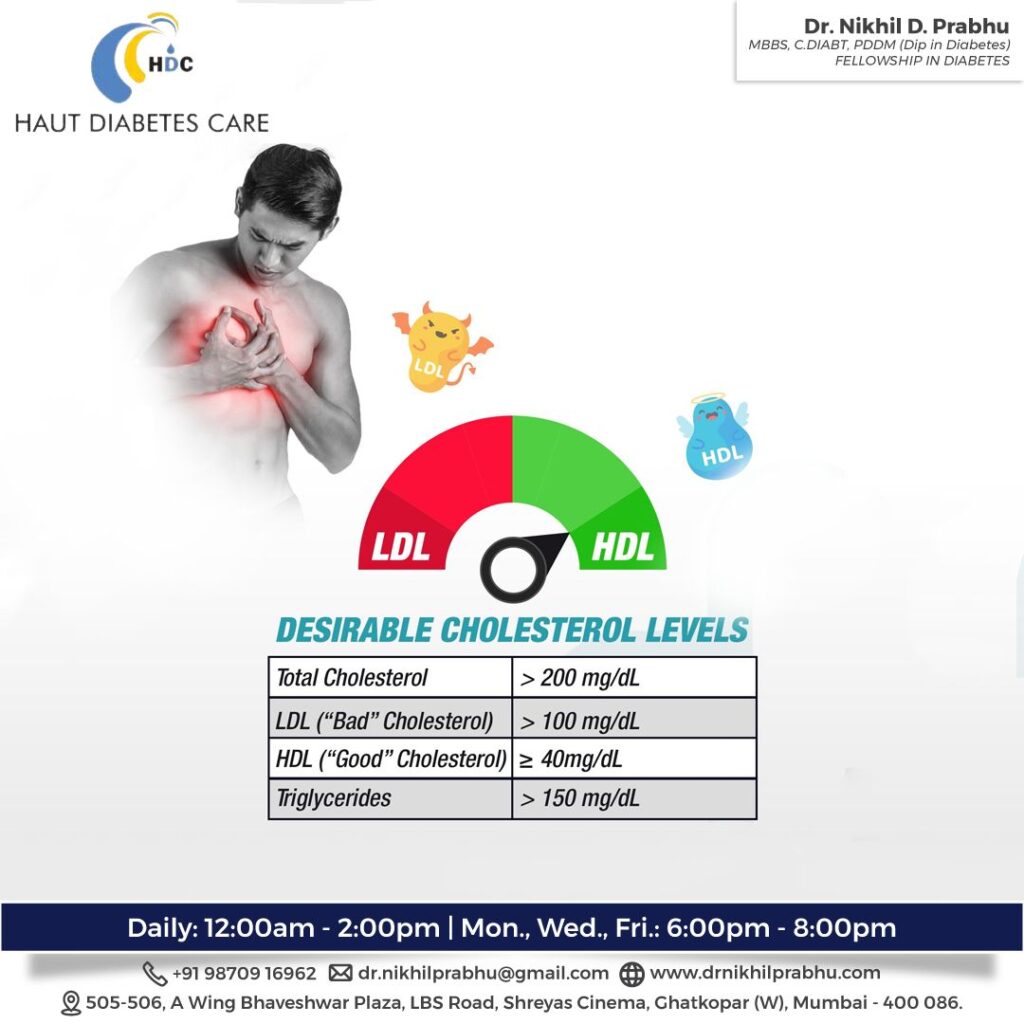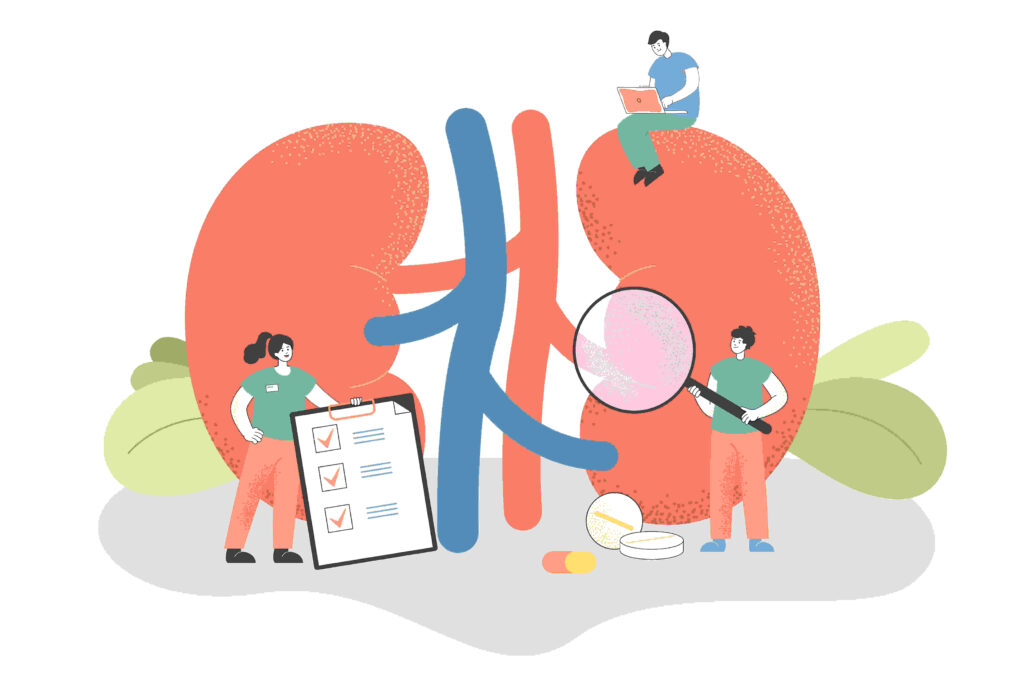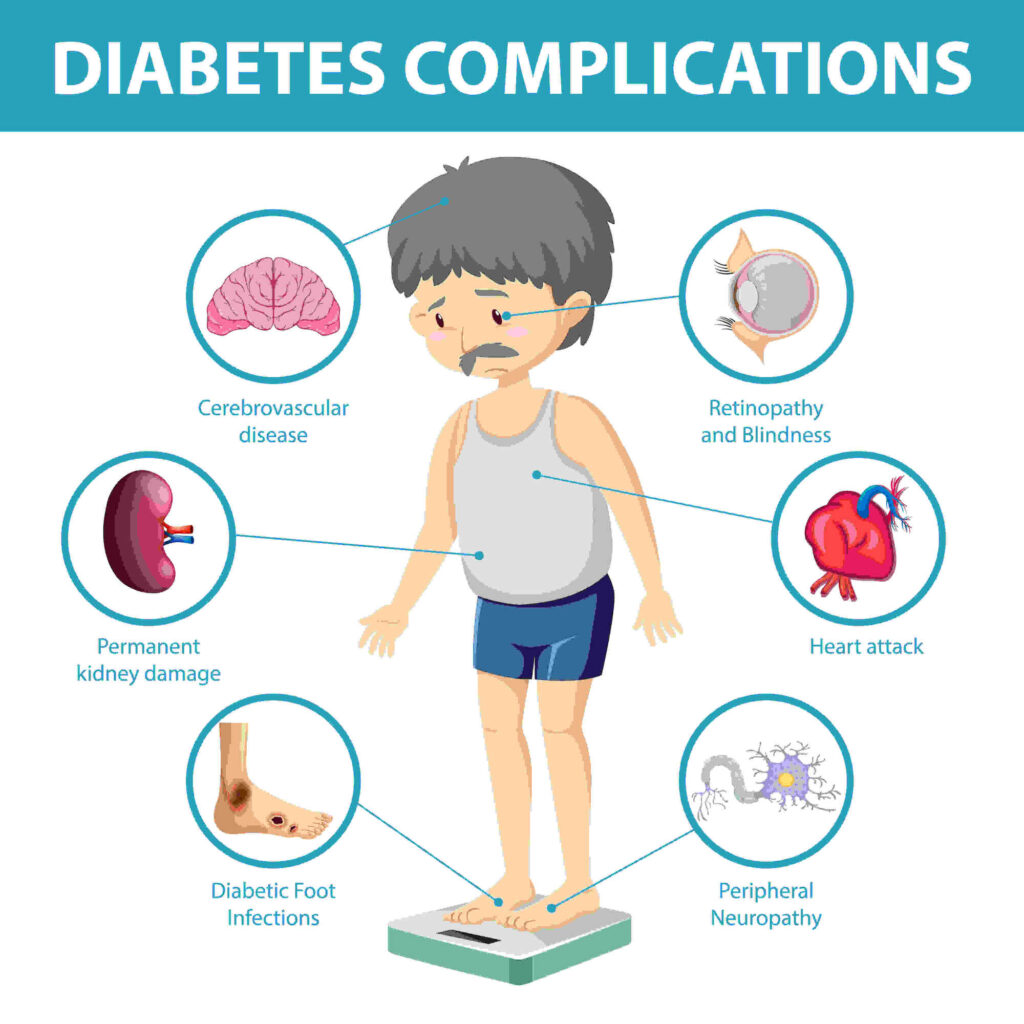The Diabetic Friendly Kadha for Monsoons
Let the monsoon showers cleanse the earth and our immune system, rejuvenating us from within. That is precisely what a “kadha” does for you! Kadha is a traditional Ayurvedic herbal concoction or infusion popular in India. It is made by simmering various herbs, spices, and other natural ingredients in water to extract their medicinal properties. Kadha is well-known for its therapeutic properties and is often consumed during illness or to improve overall health and immunity. Diabetes often challenges your immunity, but with this diabetes-friendly kadhas for monsoons, you can step up your defenses today!
Understanding Diabetes and Immunity
Chronic diabetes affects the body’s capacity to regulate blood sugar levels. Diabetics must have a strong immune system because their condition makes them more vulnerable to infections. With increased humidity and waterborne diseases, the monsoon season poses additional risks for diabetics. Immune system strengthening can help to reduce these risks and promote overall well-being.
Benefits of Diabetic-friendly Kadha for Monsoons
Kadha is an age-old herbal infusion with numerous health benefits. It can help diabetics boost their immunity. Some key benefits of consuming kadha include:
- ● Kadha contains an antioxidant-rich blend of herbs and spices. These antioxidants aid in the fight against free radicals and reduce oxidative stress, which can benefit overall immune function.
- ● Anti-inflammatory properties: Several ingredients commonly found in kadha, such as ginger, turmeric, and cinnamon, have anti-inflammatory properties. These ingredients can improve immune responses by reducing inflammation in the body.
- ● Respiratory health: Monsoons frequently bring respiratory infections, which can be especially difficult for diabetics. Tulsi (holy basil), which has expectorant properties and can relieve cough and congestion, is one of the ingredients in Kadha that can help with respiratory symptoms.
- ● Support for the digestive system: For diabetics, maintaining a healthy digestive system is essential. Spices like fennel, ginger, and cumin found in kadha support gut health and digestion. A healthy gut boosts your immune system.
Essential Ingredients of Diabetic-friendly Kadha for Monsoons
There are many different kinds of kadha, but during the monsoons, a few particular ingredients are especially helpful for diabetics. The following components must be present in your kadha:
- ● Tulsi, also known as holy basil, is a herb that boosts the immune system and fights infections thanks to its antimicrobial and anti-inflammatory properties.
- ● Ginger: Ginger is a potent immune booster that also helps with digestion and respiratory problems.
- ● Turmeric‘s main active component, curcumin, has potent anti-inflammatory and antioxidant properties. It aids in managing inflammation and immune function.
- ● Cinnamon: Cinnamon can help regulate blood sugar levels, making it especially beneficial for diabetics. It also possesses antimicrobial properties.
- ● Black pepper contains a compound called piperine, which aids in the absorption of other beneficial compounds and boosts immune responses.
Diabetic-friendly Kadha for Monsoons: the Recipes
Here’s a simple recipe for kadha that can help improve immunity for diabetics: Kadha for Monsoons: Basic Recipe
Ingredients you need:
- 4 cups of water,
- 10-12 tulsi leaves,
- a 1-inch piece of ginger (crushed or grated),
- 1 teaspoon of turmeric powder,
- 1 cinnamon stick,
- 4-5 black peppercorns, and
- 1 teaspoon of honey (optional).
Procedure:
Begin by bringing the water to a boil in a saucepan. When the water is boiling, add the tulsi leaves, ginger, turmeric powder, cinnamon stick, and black peppercorns to the pan. These ingredients have immune-boosting properties and add flavor to the kadha. Reduce the heat to a low simmer and leave the mixture to infuse for 10-15 minutes. This allows the flavors and medicinal compounds from the ingredients to blend into the water. Simmering also helps to extract the beneficial properties of herbs and spices. After simmering, remove from the heat and strain the kadha into a cup using a fine mesh strainer. This step removes any solid particles and ensures a pleasant kadha experience.
The strained kadha can optionally be served with a teaspoon of honey.
A Few Other Kadha Recipes for Diabetics:
● Spiced Lemon Ginger Kadha:
Start by bringing 2 cups of water to a boil in a saucepan before making this cooling kadha. To the boiling water, add an inch of crushed or grated ginger, a teaspoon of cinnamon powder, and a teaspoon of turmeric powder. On low heat, let the mixture simmer for approximately 10 minutes. Before adding the juice of one lemon, turn off the heat and let the mixture cool slightly. For sweetness, you can include one teaspoon of honey. Pour the kadha into a cup and serve warm. The combination of ginger, lemon, and spices not only adds flavor but also boosts immunity and aids digestion.
● Herbal Kadha with Ashwagandha:
Bring 2 cups of water to a boil in a saucepan. To the boiling water, add 1 teaspoon ashwagandha powder, 1 teaspoon fennel seeds, 1 teaspoon cumin seeds, 1 teaspoon coriander seeds, and 4-5 black peppercorns. Reduce the heat to low and leave the kadha to simmer for about 15 minutes. After that, strain the kadha into a cup. If desired, add a teaspoon of honey for sweetness. Together with the other spices in this kadha, ashwagandha, known for its adaptogenic properties, can help strengthen the immune system and promote overall well- being.
● Tulsi-Clove Kadha:
To prepare this soothing kadha, start by boiling 2 cups of water in a saucepan. To the boiling water, add 10-12 fresh tulsi (holy basil) leaves, 4-5 cloves, a teaspoon of grated ginger, and a teaspoon of cinnamon powder. Allow the mixture to simmer for 10-15 minutes on low heat. After that, strain the kadha into a cup. If desired, you can add a teaspoon of honey for sweetness. The combination of tulsi and cloves in this kadha provides antimicrobial and immune-boosting properties, while ginger and cinnamon provide additional health benefits.
Conclusion
Incorporating a diabetic-friendly kadha for monsoons into your daily routine can be an effective way to boost immunity during the monsoon season, especially for individuals with diabetes. The natural ingredients present in kadha offer various health benefits, including antioxidant and anti- inflammatory properties. Kadha consumption regularly strengthens your immune system, improves respiratory health, aids digestion, and reduces the risk of infections associated with monsoons. However, it is essential to maintain a balanced diet, exercise regularly, and follow medical advice to manage diabetes effectively. Embracing natural remedies like kadha, alongside a healthy lifestyle, can contribute to a stronger immune system and overall well-being for diabetics, enabling you to enjoy the rainy season with greater confidence.












